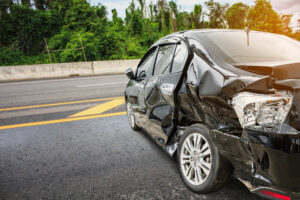It was only two days in Metro Vancouver, but the results were disastrous.
A motorist kills an elderly man crossing the street in Abbotsford. A police car injures a pedestrian. A cyclist dies after being struck by a car in East Vancouver.
This year, the City of Vancouver is launching a campaign called People Are Fragile. The campaign promotes road safety to stop bad behaviours that cause injury or death. As Mayor Gregor Robertson states, “even one fatality is too many.”
According to VPD statistics, 61 pedestrians died from collisions from 2006-2011 in the Metro Vancouver area. Shocking when compared to the five cyclists, 19 drivers, and 12 motorcyclists who were killed during the same time period.
This program reminds everyone that bad habits largely contribute to accidents. Running stop signs or failing to yield are habits with potentially devastating outcomes, but are largely preventable.
To help stop these habits, the City of Vancouver has handy tips for staying road safe:
- Make eye contact! Never assume someone has seen you.
- Cyclists, yield to pedestrians.
- Motorists, yield to cyclists and pedestrians.
- Get rid of all distractions, especially cell phones.
- Pedestrians and cyclists should wear light or reflective clothing and gear to make themselves visible to motorists.
Whatever form of transportation you take, be aware of the dangers and the precautions for your mode of transportation. While the City is doing much to improve the streets and make them safer, being street-smart is everyone’s responsibility. Listen to ICBC’s Director of Road Safety Fiona Temple when she says, “Each one of us can play an active role by making smart decisions whether we’re driving, cycling or walking. Be alert, safe and use caution.”
For More Information:
- Bike Sense
- Preventable.ca
- Clean, green, and healthy transportation, City of Vancouver
- Improving Pedestrian Safety and Accessibility, Vancouver City Council







